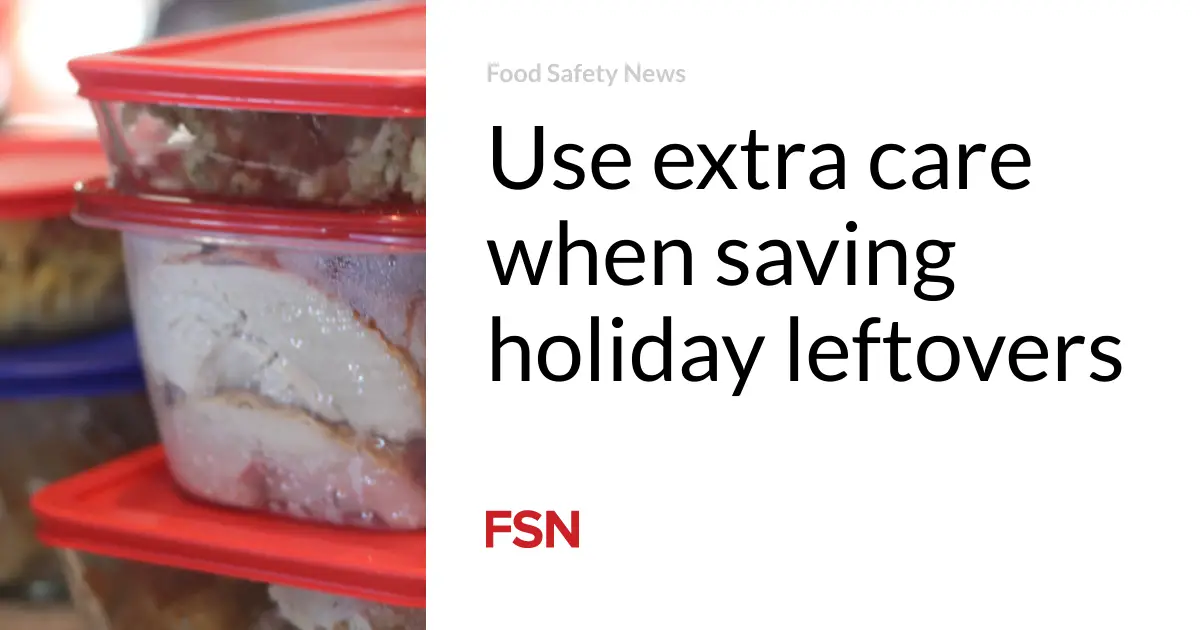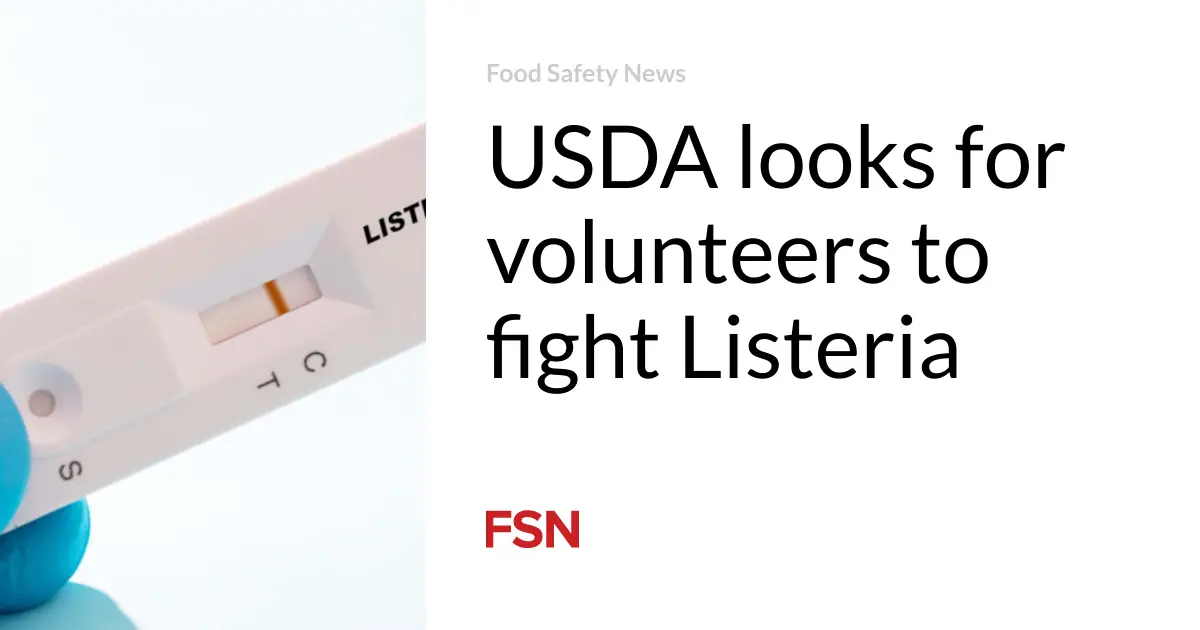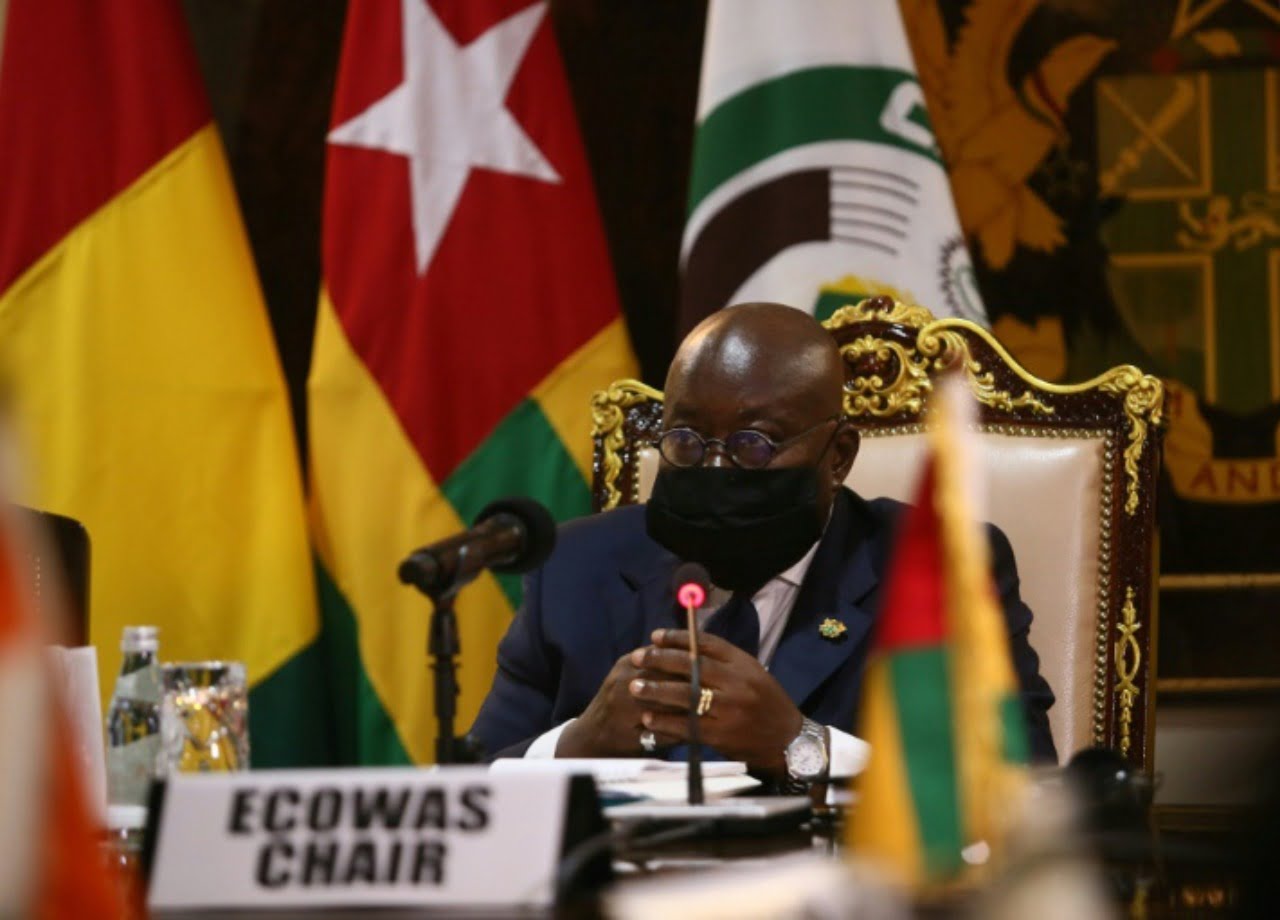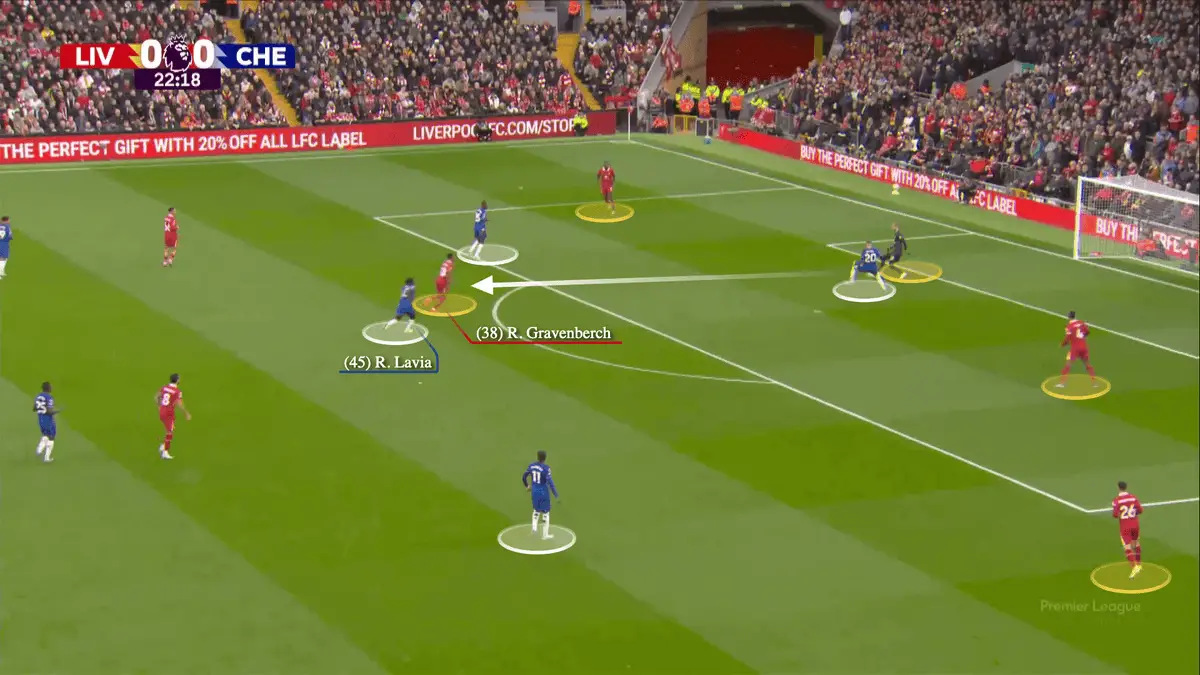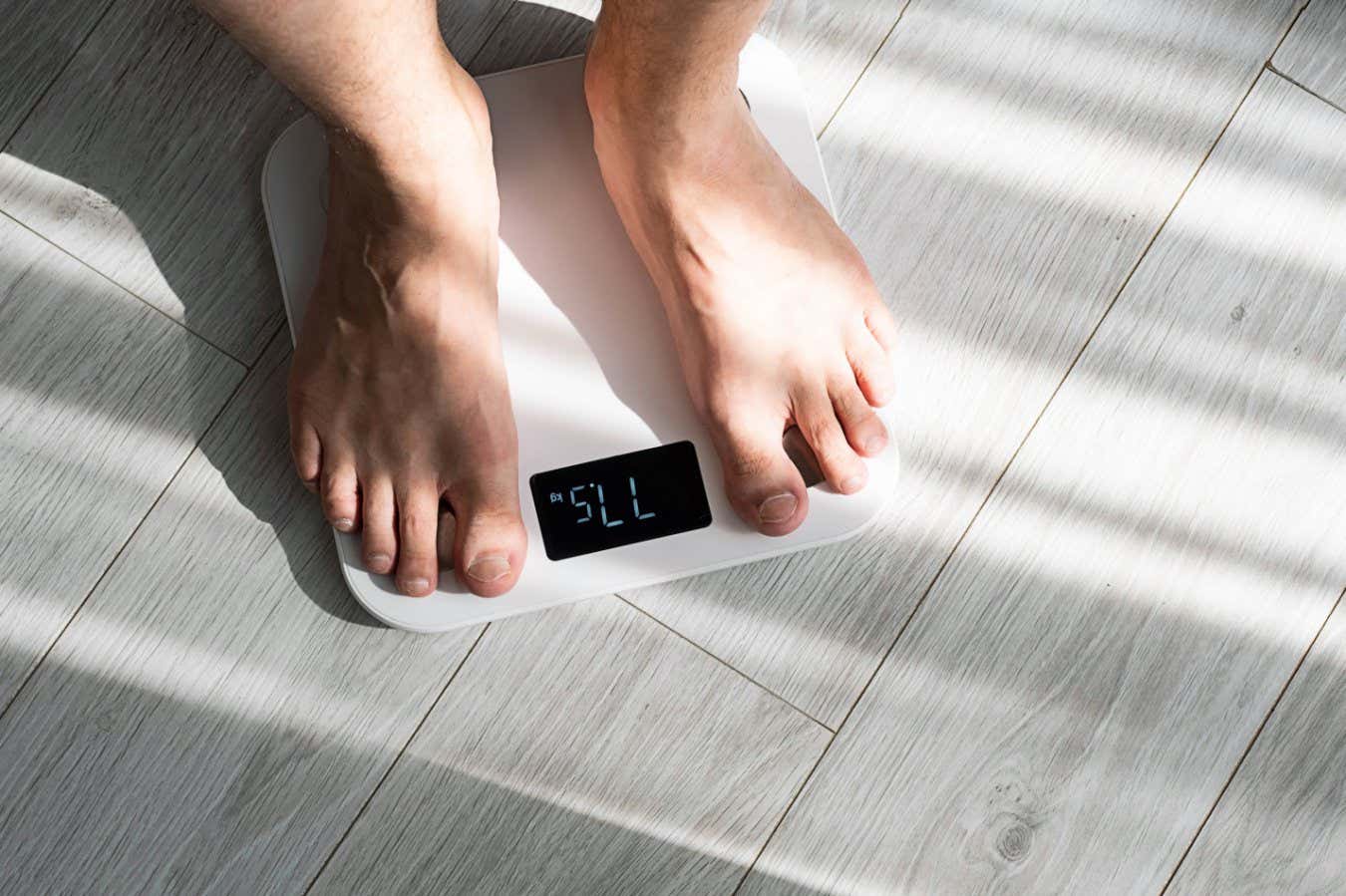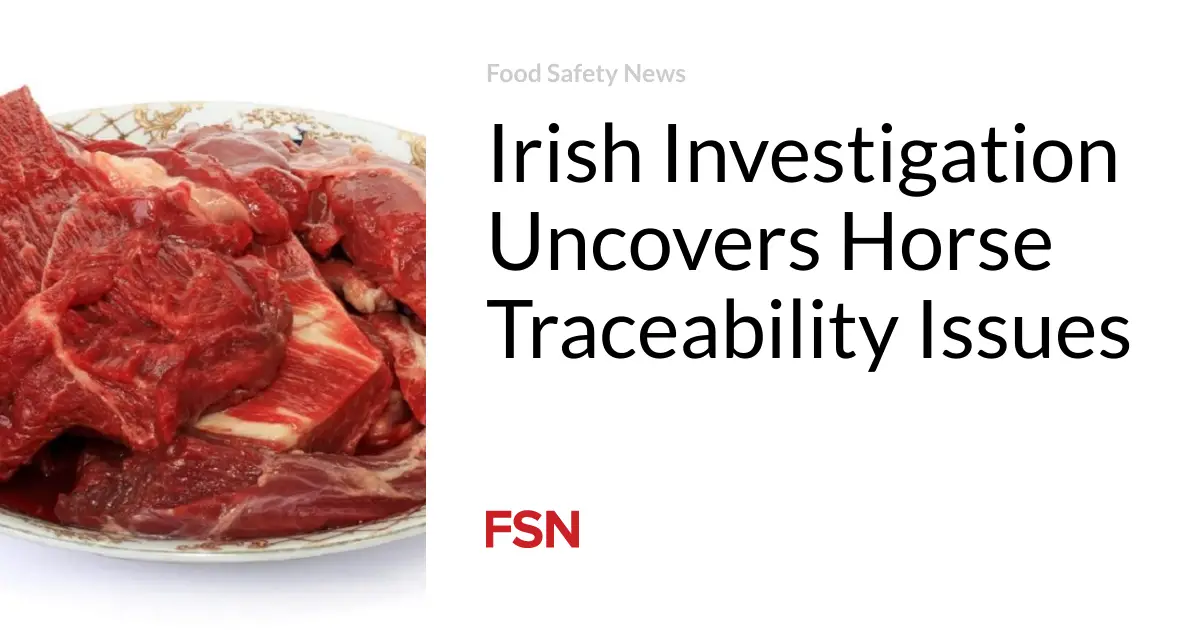
An investigation in Ireland has shone a spotlight on the welfare of horses and how their meat can enter the food chain.
Traceability, misuse of microchips, and fake passport issues were raised in a program by Irish broadcaster RTÉ, including undercover footage and microchip record analysis.
In response, the Department of Agriculture, Food and the Marine (DAFM) said the welfare of horses is protected by legislation, placing responsibility on owners and those who have animals in their possession or under their control.
“My department has already commenced an investigation in recent weeks involving the supply of equines for slaughter, with aspects of the ongoing investigation related to some of the broadcast activities,” said Charlie McConalogue, Minister for Agriculture, Food and Marine.
DAFM suspended the license of Shannonside Foods, Ireland’s only abattoir for horses, while the investigation is ongoing. The site was featured in the RTÉ broadcast.
The Irish parliament also debated the subject, and allegations were made that microchips were being inserted into horses to create false identities.
“We have strict laws in this country concerning the welfare of animals as well as the traceability of animals. My department is already working with the gardaí [Irish Police] to investigate those particular instances, and the full rigors of the law will be applied concerning that. It will also be important to work across Europe to ensure the cross-European system is robust,” said McConalogue.
Strong reaction
Horse Sport Ireland said it “condemns” the practices surrounding the treatment and slaughter of horses detailed in the program.
“There is no place in society for the mistreatment of horses or any other animals, nor is there for the use of animals for any criminal intent. Horse Sport Ireland welcomes a full investigation into the deeply troubling issues highlighted by the program and will offer its full assistance in any such investigation.”
The Irish Society for the Prevention of Cruelty to Animals (ISPCA) said it was “appalled” at the scenes. It hopes steps are taken to ensure that such behavior does not go undetected again.
World Horse Welfare said revelations of horse passport fraud are no surprise and echo longstanding warnings to authorities. It added that the systemic failures highlighted enable equines signed out of the food chain to be re-identified and sent to European slaughterhouses.
“What we witnessed [on the program] was outrageous and proof that, well over a decade on, the horse meat scandal never truly ended. These horses were let down in every way possible by an inherently flawed system, and we hope that the disgust generated by the program, alongside the food safety concerns, will be channeled into practical action by EU and UK authorities. There is no excuse for allowing this fraudulent trade to continue, and we hope at last that authorities will recognize the damage it causes and put the right measures in place to stop it,” said the group’s chief executive, Roly Owers.
The Food Safety Authority of Ireland (FSAI) said in light of the potential impact on traceability of animals entering the food chain and as part of ensuring the effectiveness of official controls in such operations, the agency is working with DAFM on the investigation and on actions taken to address any issues identified for the safety and integrity of the supply chain.
Wider EU issue
In a European Commission report on potential fraud and non-compliance in April, two entries mentioned illegal slaughter and traceability defects involving horses from Ireland, Italy, Spain, and the Netherlands.
“Across Europe, the control authorities are understaffed, and food fraud is not high on the political agenda. Criminals do not hesitate to exploit the weaknesses in the system: few controls, national databases that do not necessarily communicate, and an opacity that protects them,” said Ingrid Kragl of Foodwatch.
House of Animals said Dutch traders were essential to the horse meat network.
The animal welfare organization said horses formerly of the racing industry should not enter the human food supply chain due to possible medications used to treat injuries.
Research showed that horses from Ireland and the UK are sent to the Netherlands and Belgium, receiving a new chip and a false passport. They then go to slaughterhouses throughout Europe, including Spain, Italy, Poland, and the Netherlands.
In early 2023, 15 people from France, Belgium, and the Netherlands were sentenced at a Marseille court for their roles in a horse meat trading operation. In 2022, Europol and Spanish authorities uncovered a network that sold potentially unsafe horse meat in Spain, Belgium, Germany, and Italy. During 2020 and 2021, several EU countries tried to combat the illegal introduction of horses into the food chain.
(To sign up for a free subscription to Food Safety News, click here.)

